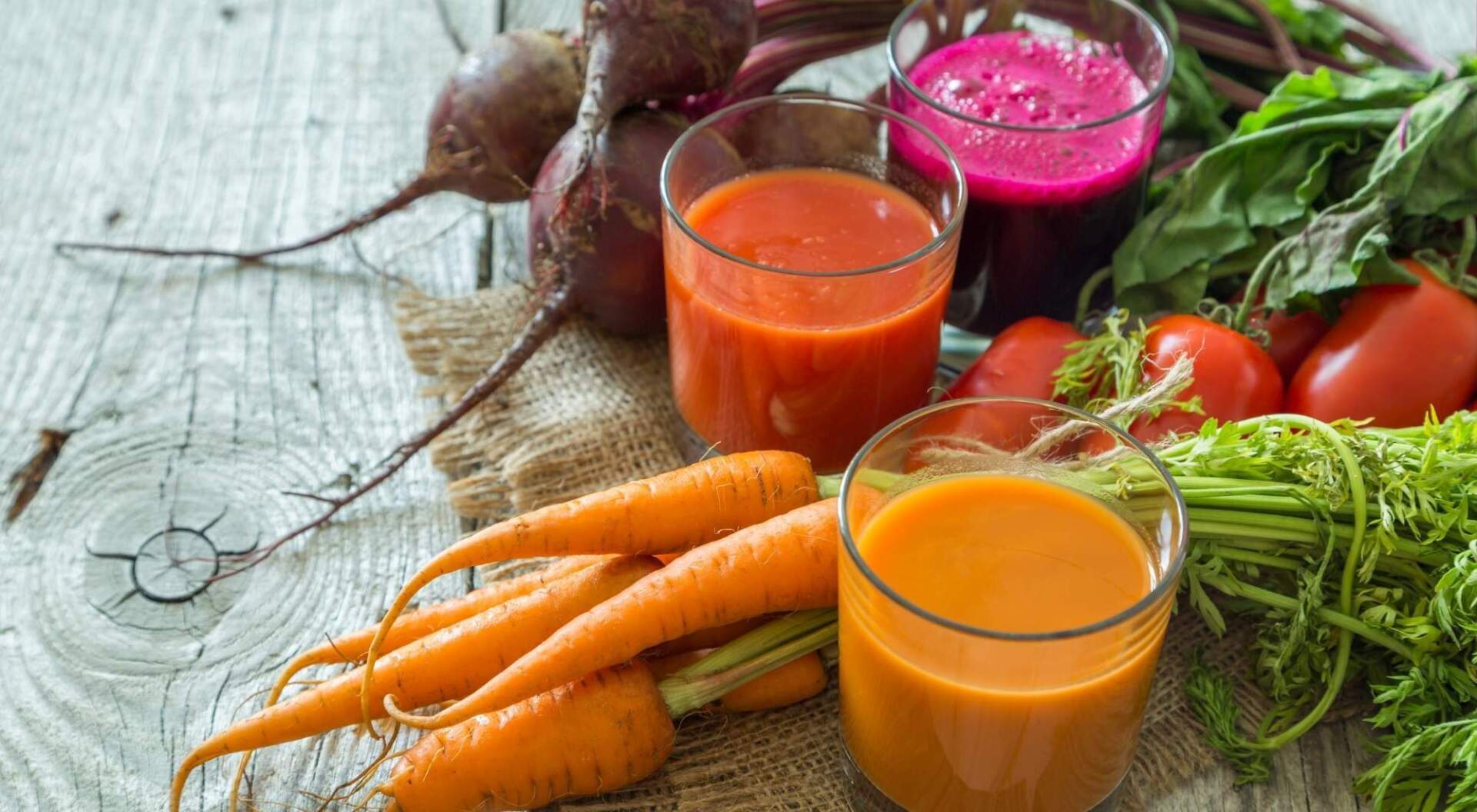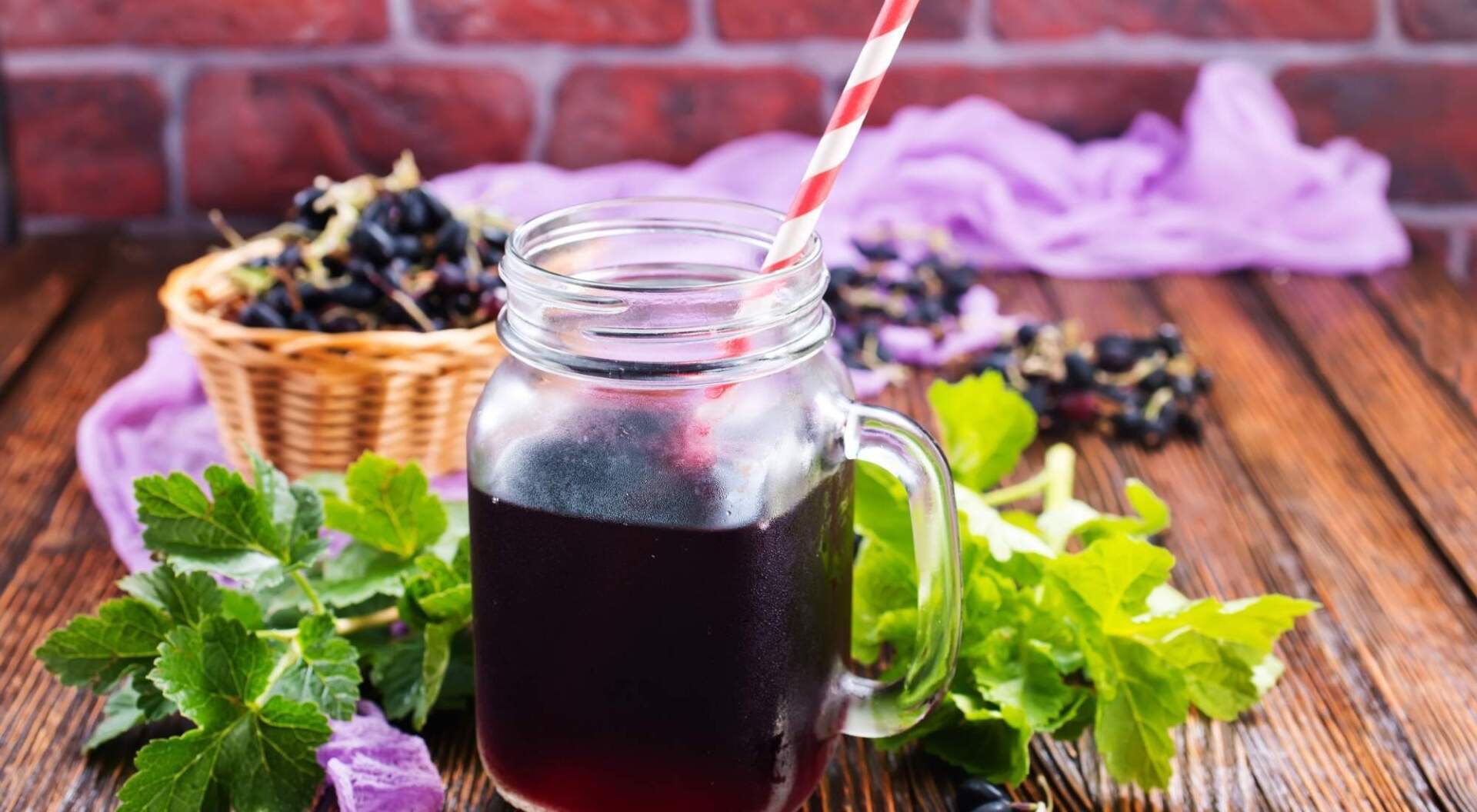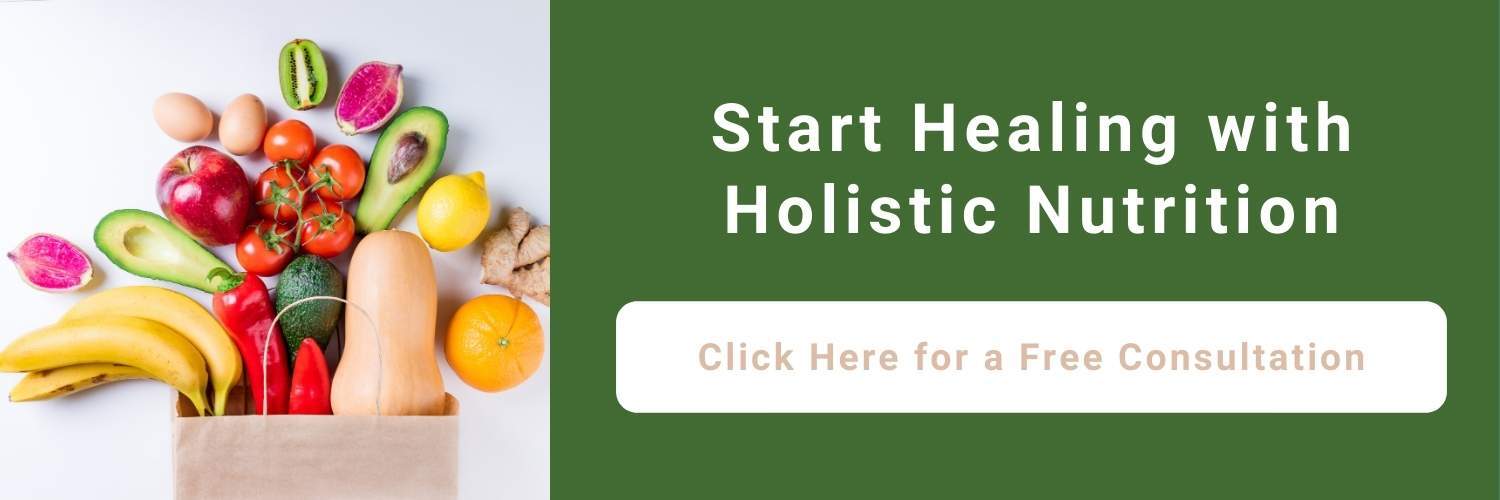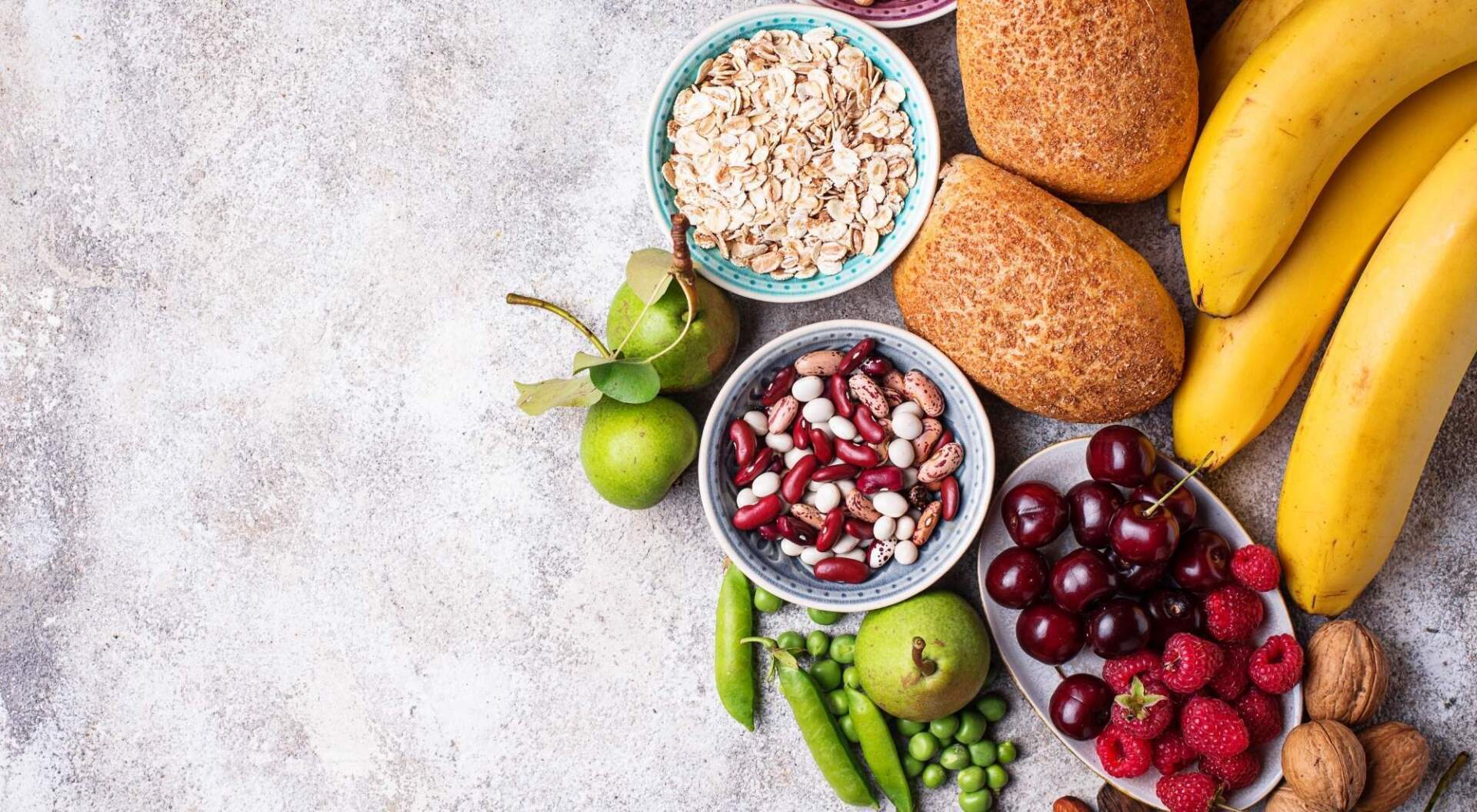Is Drinking Cold-Pressed Juice Good For You? Your Guide to Healthy Juicing
"The content below is not intended to be a substitute for professional medical advice, diagnosis, or treatment. Always seek the advice of your physician or other qualified health provider with any questions you may have regarding a medical condition."
In the 21st century, the average consumer is well-accustomed to being inundated by “the new big thing.”
Whether it’s zero-calorie sparkling water, pumpkin spice...everything, or farmhouse decor, a craze hits the market and it seems like everyone in your circle is trying it out.
In the health-food arena, the last few years have seen an influx of cold-pressed juice products.
You can find cold-pressed juice in raw form at juice bars or bottled and sold at farmers’ markets. You might also find it at your local grocery store (though not in true raw form).
While you have likely seen cold-pressed juice before, you may have a few questions, such as:
- What exactly is cold-pressed juice?
- What are the benefits of cold-pressed juice?
- Is drinking cold-pressed juice worth the high price tag?
Read on to find the answers to these questions and determine if your health could benefit from cold-pressed juices.
Table of Contents
- What Is Cold-Pressed Juice
- How Is Cold-Pressed Juice Made?
- Cold-Pressed Juice Benefits
- How is Cold-Pressed Juice Different From Fresh Squeezed Juice and Smoothies?
- Is Cold-Pressed Juice Better For You?
- 5 Ways to Maximize Your Cold-Pressed Juice Nutrition Intake
- How to Get Fiber With Your Cold Pressed Juice
- Need More Nutrition Advice? Try Nutrition Response Testing with HealthierU
What Is Cold-Pressed Juice?
Simply put, cold-pressed juice refers to the process of extracting juice from fruits and vegetables using a hydraulic press.
The “cold” in cold-pressed refers to the lack of heat generated or used during the juicing and preservation process.
Without the use of heat in the production process, cold-pressed juice is touted as having superior nutritional value and flavor when compared to traditional pasteurized juices.How Is Cold-Pressed Juice Made?
With traditional juicers — including home juicing appliances — fruit and vegetable juice is separated from the flesh of the produce using centrifugal force.
This process generates heat which can destroy enzymes and micronutrients.
Cold-pressed juice on the other hand is a two-step process that involves a hydraulic press:
- First, fruits and vegetables are shredded into a pulp and placed into filter bags.
- Second, the filter bags are exposed to extreme pressure between two plates in a hydraulic press. The juice from the produce is collected in a tray, leaving the flesh of the fruit in the filter bags
Once the juice is extracted, it can be consumed right away in its raw form. The raw form may also be bottled and consumed within several days.
It is important to note that the wholesale distribution of raw cold-pressed juice is not allowed by the FDA — it can only be sold direct-to-consumer, like at your local farmers’ market.
Wholesale cold-pressed juice (which goes through a preservation process required by the FDA) will often last up to 30 days on a store shelf.
This explanation brings us to our central question — is drinking cold-pressed juice good for you?
Cold-Pressed Juice Benefits
Let’s review the benefits of cold-pressed juice. Healthy eaters often strive for a nutrient-dense diet to help their bodies function optimally.
And what is a great source of vital nutrients?
Fruits and vegetables.
Because cold-pressed juice does not contain any produce pulp or flesh, our bodies can process the produce quickly.
When consumed regularly, cold-pressed juice:
- Provides instant nutrient intake
- Can help to reduce signs of aging
- Promotes weight loss
- Promotes a healthy digestive system
The Drawbacks of Cold-Pressed Juice
While drinking cold-pressed juice can provide an instant shot of nutrients to your cells, it is extremely important to remember the following:
- Most fruits and vegetables have little to no fat or protein.
- The juicing process removes a significant amount of the fiber found in whole produce.
- Raw cold-pressed juice can be very expensive.
- Depending on procedures, cold-pressed juice can generate significant food waste (the flesh of the fruit may be disposed of instead of repurposed).
- Unpasteurized juices are not recommended for children and pregnant women.
Without healthy fats, protein, and fiber, your diet is not complete — you will not get all the nutrition your body needs.
Additionally, multiple bottles of juice will increase your calorie intake (and diminish your bank account) without making you feel full.
So, is drinking cold-pressed juice good for you?
Let’s put it this way — it’s not bad for you. But it should also not be your only source of healthy nutrition.
It is great for the occasional:
- Body detoxification aid
- Immunity boost if you’re feeling ill
- Energy kick
How is Cold-Pressed Juice Different From Fresh Squeezed Juice and Smoothies?
We’ve provided a detailed overview of:
- What cold-pressed juice is
- How it’s made
- What the benefits and downsides are
But how does it compare to fresh-squeezed juice and smoothies?
In the wholesale juice distribution market, fresh-squeezed juice is typically your average 100% juice or juice from concentrate that has been pasteurized for longer shelf life.
Unlike both of these options, smoothies often combine fruits and vegetables with other food such as dairy.
Is Cold-Pressed Juice Better For You?
The answer to this question is entirely dependent on your personal nutrition needs.
Let’s review each of these three common juice options and which nutritional goals they may help you meet:
- Cold-pressed juice: Nutrient-rich — A great option if you are getting enough fiber and protein but struggling to consume the recommended servings of fruits and vegetables each day. Also great for a detox (if your body needs one) or immunity boost (if you’re feeling ill).
- Fresh-squeezed juice: An adequate source of fiber — This option often includes some pulp and flesh from the produce which provides fiber crucial to a healthy diet.
- Smoothies: Highly customizable — Need protein? Add it. Need healthy fats? Add them. Smoothies allow you to keep the fiber naturally found in produce and add other elements that may be missing in your diet.
Are you unsure of what your nutritional needs are? Looking for some expertise in creating a nutrition plan? Nutrition Response Testing with HealthierU can provide customized insight into your body’s specific needs.
5 Ways to Maximize Your Cold-Pressed Juice Nutrition Intake
Not all cold-pressed juices on the market are created equal.
As we mentioned earlier, if you’re grabbing bottled juice from your local conventional grocery store, it is likely not cold-pressed juice in its raw, most beneficial form.
Wholesale cold-pressed juices may also have added sweeteners. To maximize your cold-pressed juice nutrition intake, be sure to look for the following.
#1: Raw and Fresh
Raw cold-pressed juice refers to juice that has not been through any type of pasteurization or preservation process.
If you are hoping to get the most nutrients possible from your cold-pressed juice purchase, be sure to confirm that the juice you are buying:
- Is truly cold-pressed and not centrifugal
- Has not been high pressure processed ( HPP ) or pasteurized
All of these methods used in juice-making expose the fruits and vegetables to heat which can break down enzymes and nutrients.
Additionally, as cold-pressed juice sits, the nutrients will naturally begin to break down. Drinking cold-pressed juice as close to the production date as possible will provide the most beneficial nutrition.
#2: Use Organic
Is that grocery store bottle of cold-pressed juice good for you? Well, it’s not going to hurt your diet.
But, one of the most important things you can do to make sure your cold-pressed juice is providing the best nutrition possible, is to ensure that organic produce was used in production.
Non-organic produce is typically chemically treated for insects and to enhance color or flavor.
If non-organic produce is used in your cold-pressed juice, these chemicals will be passed to you.
#3: Look for Vegetables
When preparing or drinking cold-pressed juice, it’s important to incorporate a lot of vegetables.
Some green juice enthusiasts even encourage a 90/10 rule : 90% vegetables and 10% fruit.
When fruits are cold-pressed, the fibrous portion is removed. This accelerates our bodies’ sugar absorption process and can result in an insulin spike.
Vegetables provide high levels of nutrition with lower levels of sugar.
#4: No Added Sugars
If you’re purchasing a bottled cold-pressed juice, be sure to check the ingredients list for added sugar (or look for a “no added sugar” disclaimer).
Did you know there are 56 common names for sugar ? And this excludes artificial sweeteners.
While naturally occurring sugars will always be present in your cold-pressed juice, you’ll find the most benefits of pressed juice in raw cold-pressed juice with no added sugars.
#5: Drink On an Empty Stomach
One of the main benefits of pressed juice is the ability to send nutrients to your bloodstream very quickly.
Without the fiber-filled flesh of the produce, cold-pressed juice allows your body to absorb nutrients at a faster rate than when consuming solid produce.
Drinking cold-pressed juice on an empty stomach provides a “clean slate” for your body to immediately begin processing the nutrients.
It’s best to consume cold-pressed juice at least two hours after a meal and 20 minutes before your next meal.
How to Get Fiber With Your Cold-Pressed Juice
As we touched on earlier, although there are many cold-pressed juice benefits, one of the downsides of cold-pressed juice is the lack of fiber.
The average person only consumes 10-15 grams of fiber every day while the recommended daily fiber intake is 25-38 grams.
When the skin and flesh of produce are separated from the juice, the fiber goes with it. So, not only does cold-pressed juice production create a significant amount of food waste, but our diets pay the price in a lack of valuable fiber.
How can we minimize food waste and put that fiber back into our bodies?
By incorporating the leftover pulp into our daily snacks and meals.
Although many juice bars practice some form of composting and produce-waste recycling, this is also something you can do if you are juicing at home.
Goodnature provides several creative uses for leftover pulp that will help you add that lost fiber back into your diet.
Some of these ideas include:
- Soup broths
- Baked goods
- Egg scrambles
Need More Nutrition Advice? Try Nutrition Response Testing with HealthierU
Are you considering incorporating cold-pressed juice into your diet? Evaluating the benefits of a juice detox?
Before you start investing in high-priced cold-pressed juice, it can be very beneficial to determine what your nutrition deficiencies are — or if you even have any.
There are so many varieties of cold-pressed juices. And every person’s body has different needs.
Nutrition Response Testing with HealthierU can help you discover which nutritional changes can make an impact on your overall health.
Armed with this knowledge, you can scout out the best cold-pressed juice options to meet your specific nutritional needs.
Dr. Sergi is a Nutrition Response Practitioner and would love to help you develop the best nutrition plan for your body. Book a consultation today.





